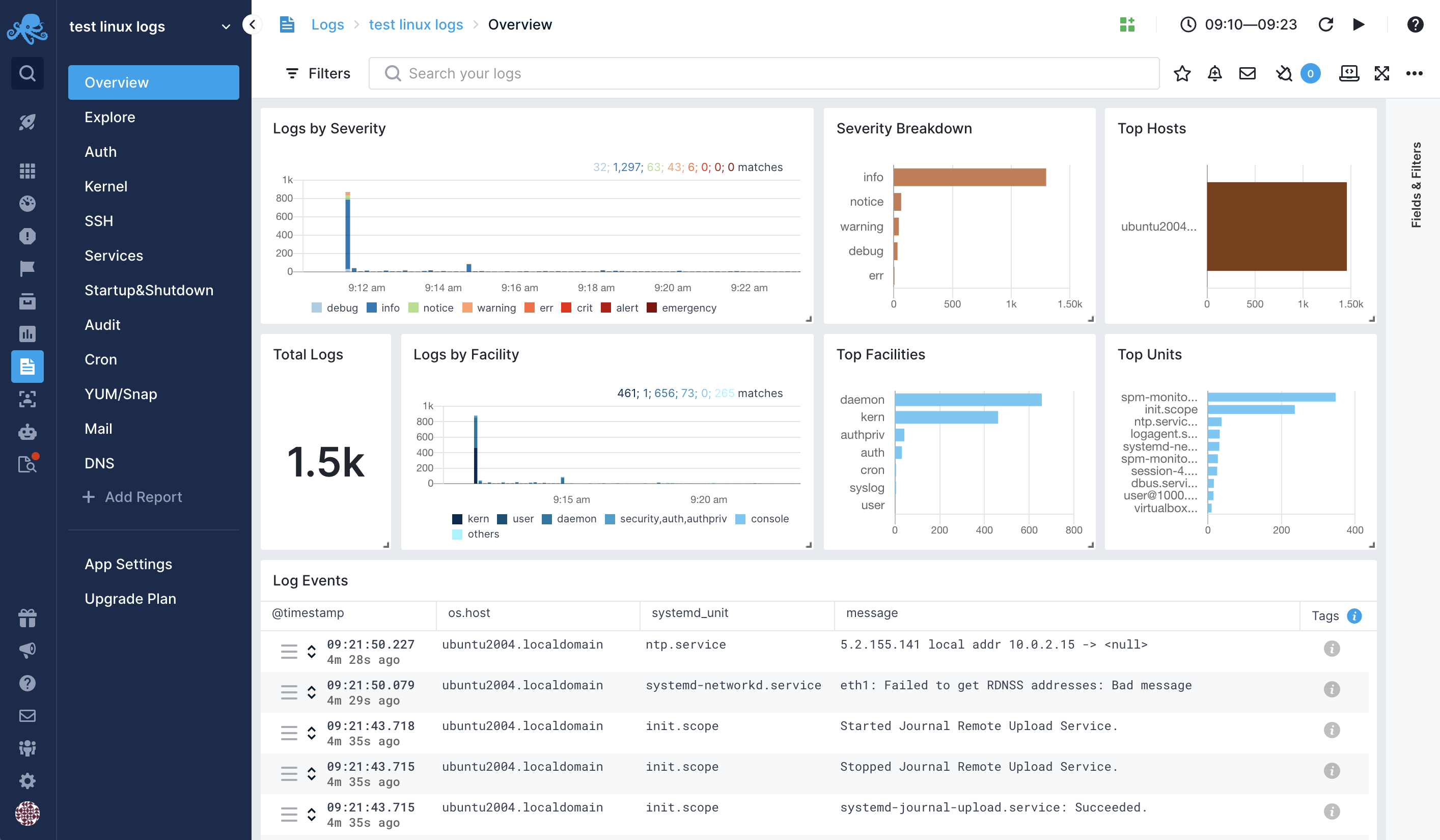

- POSTFIX DOCKER SYSLOG INSTALL
- POSTFIX DOCKER SYSLOG UPDATE
- POSTFIX DOCKER SYSLOG UPGRADE
- POSTFIX DOCKER SYSLOG DOWNLOAD
The configuration file is now generated.You can skip the question about the time zone by pressing enter, because the correct time zone should already be set by default. Enter the FQDN of your server (" ") and press enter. Now the configuration file for Mailcow needs to be generated.

Execute the command cd mailcow-dockerized to go to the Mailcow directory.
POSTFIX DOCKER SYSLOG DOWNLOAD
Download Mailcow/the master branch of the corresponding repository with the following command: git clone.Run the command cd /opt to change to the directory "/opt".Then use the command chmod +x /usr/local/bin/docker-compose to assign the required execution permissions to Docker Compose.Now download Docker Compose with the command curl -L $(curl -Ls )/docker-compose-$(uname -s)-$(uname -m) > /usr/local/bin/docker-compose.
POSTFIX DOCKER SYSLOG INSTALL
POSTFIX DOCKER SYSLOG UPDATE
POSTFIX DOCKER SYSLOG UPGRADE
Now install any available updates of the packages already installed on your server using the command apt upgrade -y.Update your package lists with the command apt update.To do this, open PuTTY and enter the domain or IP address of your server in the text box named "Host Name (or IP address)". Connect to your root server or VPS/vServer via SSH using PuTTY.If you havn't already done so, download the program " PuTTY".For some providers, you have to write an e-mail or open a support ticket. You can set this PTR record directly in the web interface of any good hoster like Contabo. Define a PTR record (Reverse DNS) for the IP address of your server and set the value to the FQDN of your server (" ").The " ~all" means that other servers are not allowed to send e-mails from your domain, but these e-mails will still be delivered (softfail). Add an TXT record for your domain and set the value to " v=spf1 mx ~all", to allow the server specified in the MX record (the mail server where Mailcow will be installed) to send e-mails with your domain as the sender domain.Define a CNAME record for the subdomains " autodiscover" as well as " autoconfig" and set the destination of both CNAME records to the mail subdomain as well ( ).Add an MX record for your domain and set the value to the mail subdomain you just created ( ) with priority 10.Add an A record for the subdomain " mail" ( ) and let this point to the IP address of the mail server.The hostname of your server should be " mail", so the FQDN should be " ".Rm -f /lib/systemd/system/ you looking for very good, powerful and cheap servers? I've been renting my servers at Contabo for 7 years now and I can highly recommend Contabo to everyone!īefore you can start installing Mailcow, you need to do some preparations, which mainly affect the DNS settings of the domain that you want to use to receive and send e-mails. RUN (cd /lib/systemd/system// for i in * do [ $i = \ RUN systemctl enable syslog-ng & systemctl start syslog-ng The command '/bin/sh -c systemctl enable syslog-ng & systemctl start syslog-ng' returned a non-zero code: 1 I obtain this error : Step 6/10 : RUN systemctl enable syslog-ng & systemctl start syslog-ngįailed to get D-Bus connection: Operation not permitted I trying to build a CentOS image with systemctl command.


 0 kommentar(er)
0 kommentar(er)
